President Trump has once again identified a critical national need: this time, it is the desperate plea for backup from overwhelmed local police, particularly in large metropolitan areas.
Under the Home Rule Act, the President possesses clear statutory authority to exercise at least temporary law enforcement authority over the nation’s capital city by federalizing the Washington D.C. police force and deploying 800 National Guard troops.
The city’s own crime statistics depict a municipality raging out of control. Homicide rates have doubled in the last ten years. Washington, D.C. is one of the fifty most dangerous cities in the world and the fourth most dangerous city in the nation.
Despite all the wailing and gnashing of teeth from the usual suspects, President Trump possesses both the immediate authority and the responsibility to ensure the capital city does not descend into chaos if city leaders are not up to the job.
On Friday, Trump said he was considering deploying guardsmen to Chicago as well. “We’re going to make our cities very, very safe. Chicago is a mess,” he said. “We’ll straighten that one out probably next. That will be our next one after this, and it won’t even be tough.” He later mentioned New York as one of the cities he’d like the National Guard to “help.”
But can the President take long-term police power of another major city? Methinks not, for all his best intentions in the face of our ordeals.
Crime rates have risen dramatically in the last five years in the United States. In 2020, murder rates hit their highest single year jump, an astonishing 30 percent, in recorded domestic history. Carjackings in major cities increased 93 percent from 2019 to 2023; over half involved a firearm and nearly 30 percent resulted in injury or death. Last year, a rape occurred every four minutes.
Metropolitan mayors defy federal law enforcement by declaring themselves sanctuary cities and sheltering criminal illegal aliens. Radical district attorneys disregard the legislative code and decriminalize heinous conduct. In the wake of the George Floyd murder, law enforcement leaders describe police morale, recruitment, and retention as down nationally.
All this grim news is top of mind for voters, 60 percent of whom said last year that stemming the rise of crime should be a top priority for the President and Congress to address.
However, Congressional power to create a national antidote to our criminal law problems, even with a Presidential blessing, is limited. Under the Tenth Amendment to the United States Constitution, “in areas such as criminal law enforcement… States historically have been sovereign.” Moreover, the federal government is a government of specific, enumerated powers. The Supreme Court repeatedly has held there is no “general federal police power.”
The President, acting alone to protect a modern American city other than Washington, D.C., would be on a heroic but likely ill-fated quest if the situation were something other than a temporary crisis (consider President Bush’s intervention in Los Angeles following the Rodney King riots in 1992), which could trigger the President’s authority under the Insurrection Act.
So, for example, the evidently leaked proposal to create a “Domestic Civil Disturbance Quick Reaction Force“ made up of National Guard troops to quickly quell homegrown disturbances might be feasible under one of the aforementioned federal authorities, provided the unit was temporary, civil and deployed to one state at a time. There is nothing inherently unlawful about a rapid response team. However, under the President’s existing authority, there does not appear to be a mechanism to authorize a multijurisdictional National Guard “strike team” absent coordination with the respective state governors.
A permanent, longstanding, roving federal police or military force has not yet been a feature of American domestic life. Except for war, insurrection or uncontainable turmoil such as riots, the chief responsibility for domestic public safety falls to local and state officials. For better or worse, outside the capital city, our Constitutional design ties the President’s hands to federalize all local police or deploy longstanding multijurisdictional military contingents. It is high time for local authorities to answer the police call for reserves.



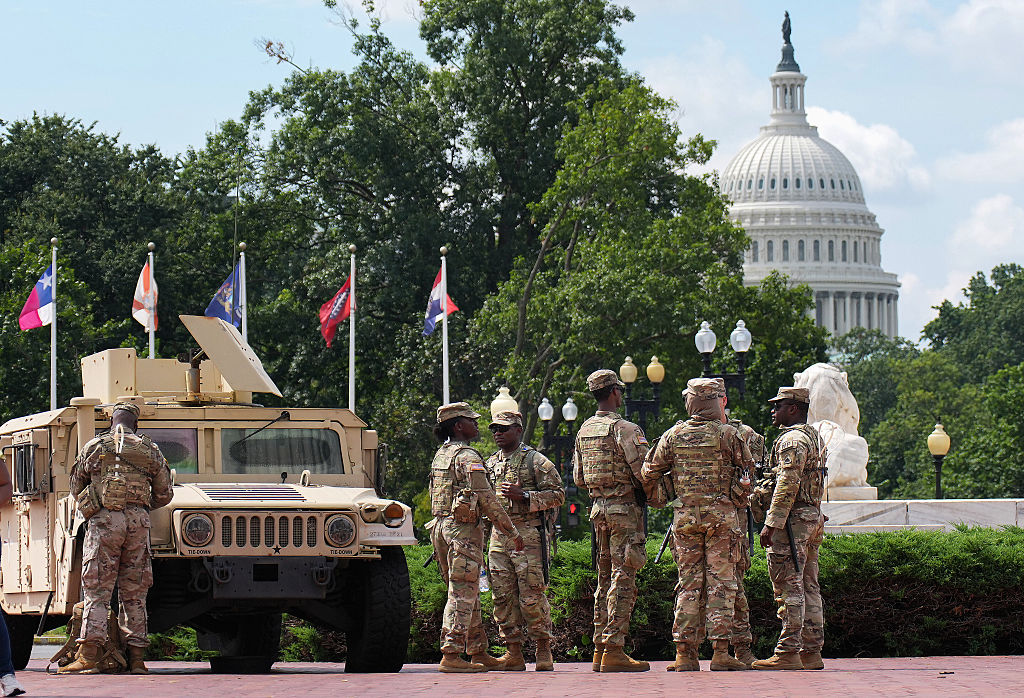







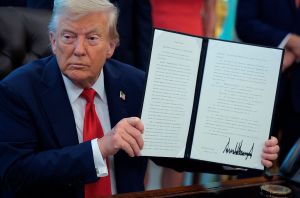
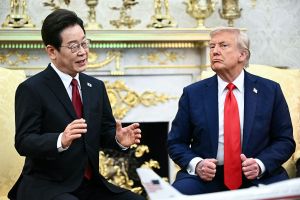
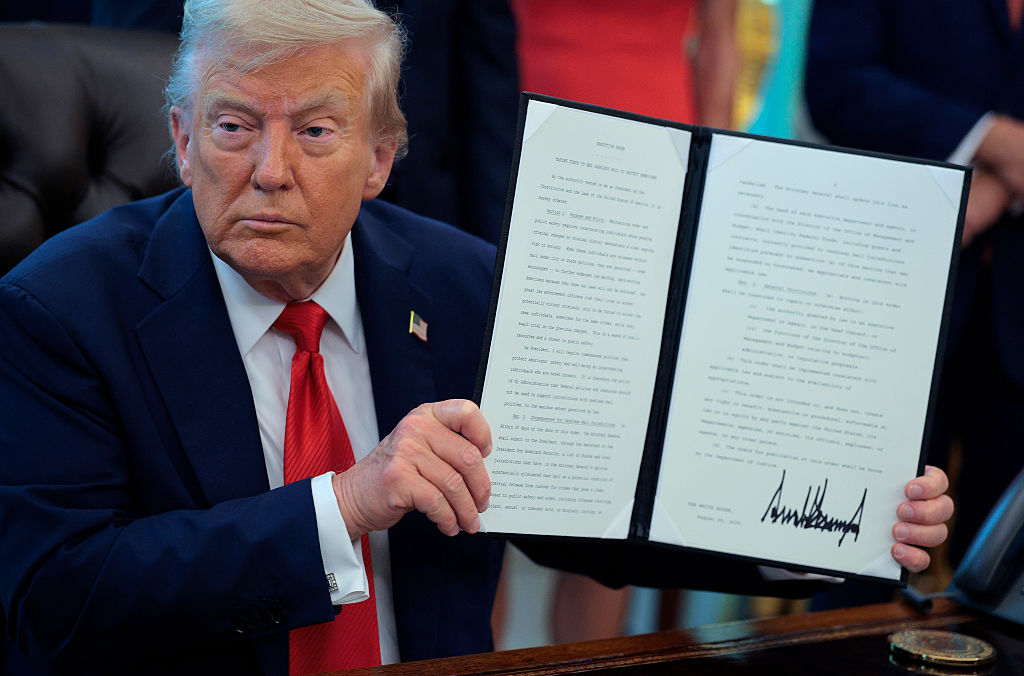
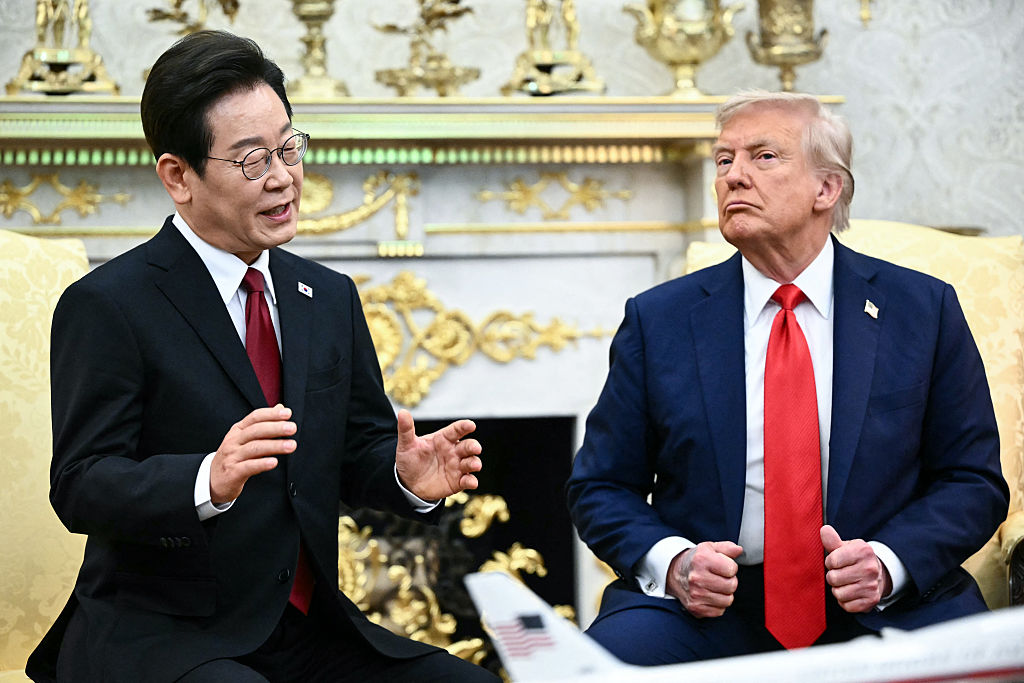


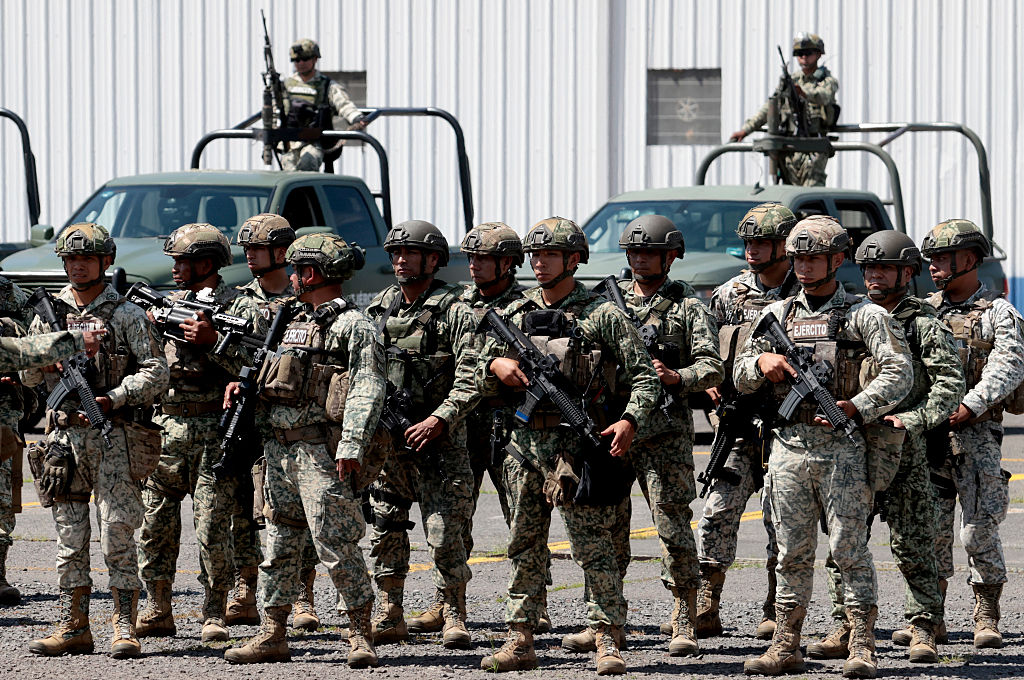
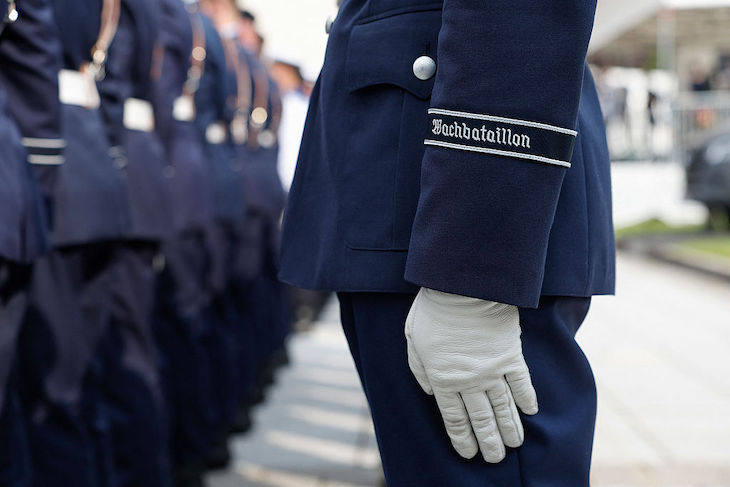







Leave a Reply